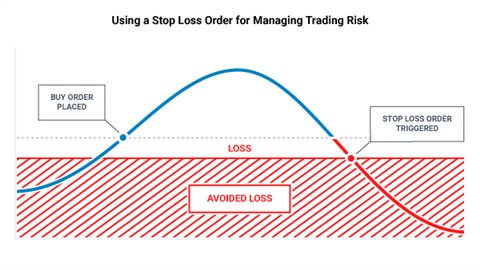Introduction
Forex trading, also known as foreign exchange trading, involves buying and selling currencies with the aim of profiting from their price fluctuations. While it offers immense potential for financial gain, it also poses significant risks that every aspiring trader must be aware of.

Image: reviewsantot.com
This article delves into the major risks associated with Forex dealing and provides real-world examples to illustrate their potential impact. By understanding and mitigating these risks, traders can increase their chances of long-term success in the Forex market.
Market Volatility: The Sword that Cuts Both Ways
Forex markets are inherently volatile, influenced by a myriad of factors such as economic data, political events, and global news. This volatility provides opportunities for profits but can also lead to substantial losses if not managed properly. For example, a sudden shift in a currency’s value due to an unexpected interest rate decision or political crisis can cause significant capital erosion.
Leverage: A Double-Edged Tool
Leverage is a double-edged tool offered by many forex brokers that allows traders to enhance their profits with a smaller capital outlay. However, it also magnifies losses. When a leveraged trade goes against the trader, the potential loss can exceed the initial investment, leading to substantial financial ruin. Real-life instances of traders losing their entire life savings due to excessive leverage are not uncommon.
Liquidity Risk: The Drying-Up of Market Depth
Liquidity is a crucial consideration in Forex trading. It refers to the ability to buy or sell a currency quickly and efficiently at a reasonable price. In thin markets, such as during off-hours or during periods of low trading activity, liquidity can evaporate, resulting in high transaction costs or even the inability to execute trades. An example of this is during the news releases, where the market is volatile, and spreads are wider.

Image: ihsanpedia.com
Counterparty Risk: Trusting the Unknown
In every Forex transaction, there is a counterparty on the other side of the trade. Counterparty risk arises when the counterparty fails to fulfill its contractual obligations, resulting in financial losses. This risk is particularly prevalent in over-the-counter (OTC) Forex trading, where there is no central clearinghouse to guarantee the performance of contracts.
Execution Risk: The Invisible Obstacle
Execution risk occurs when a trade is not executed at the intended price due to factors such as delays, technical glitches, or slippage. Slippage, in particular, can be significant for large trades or when market conditions are volatile. Unanticipated execution delays or poor trading platforms can lead to substantial losses and frustra
Major Risks In Forex Dealing With Example
Conclusion
Forex trading offers significant opportunities for financial gain, but it also comes with inherent risks. By understanding these risks thoroughly and implementing appropriate risk management strategies, traders can navigate the Forex market more effectively and increase their chances of long-term success.
Remember, risk management is paramount in Forex trading. By remaining vigilant, staying informed, and adapting to the ever-changing market landscape, you can mitigate the potential risks and unlock the full potential of this dynamic and rewarding field.






